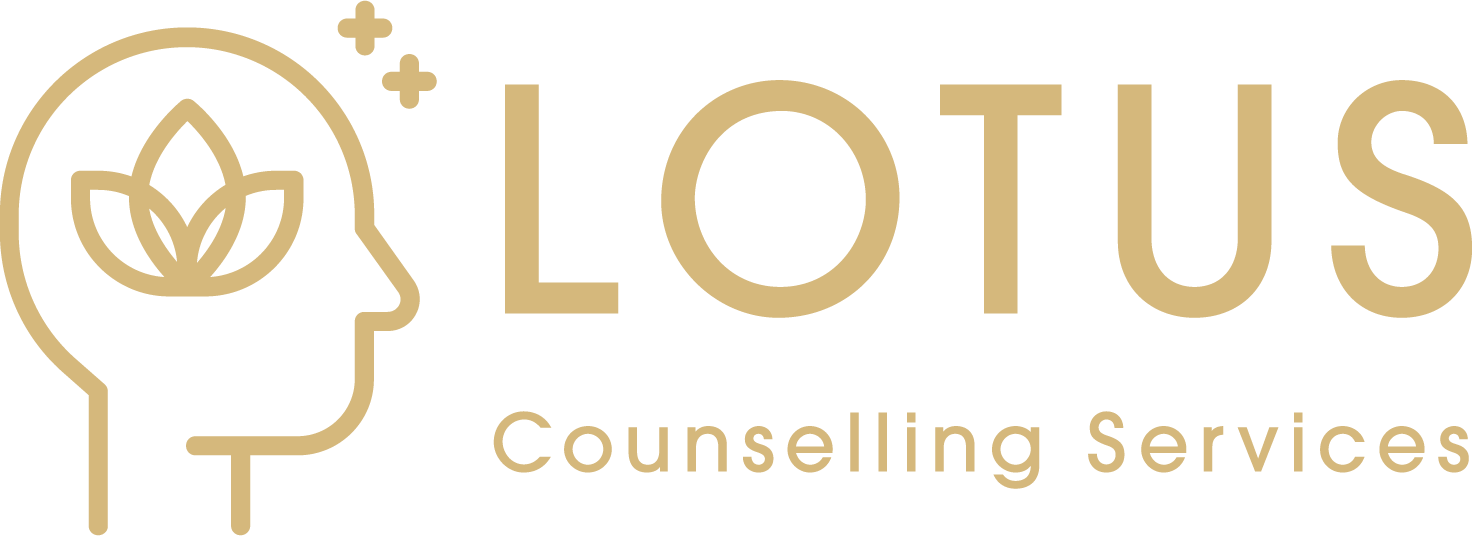A Tug of War With OCD
At Lotus, we offer Cognitive Behaviour Therapy (CBT) for a variety of mental health disorders. The treatment for OCD is mostly behavioural based – focused on what to ‘do’ differently in an effort to habituate or go towards the things that make you feel anxious. To augment this challenging behavioural work there is also a need for a philosophical change in order to drop your expectations and illusions of control around anxiety provoking events.
Worry is simply a demand for certainty and there is very little of that in the world (particularly right now). If this is true then how useful does this make all of our exhausting efforts to plan, predict, and avoid the things that make us anxious?
The use of Acceptance and Commitment Therapy (ACT) can be an incredibly helpful way to supplement the treatment of OCD. ACT uses one particularly helpful analogy of entering into a tug of war with a monster (symbolic of your OCD) to highlight this paradox. In this tug of war analogy, you are asked to conceptualize yourself as entering into a struggle by pulling on a rope with a seemingly immovable obstacle. While imagining pulling on this rope, consider for a moment how it might impact you.
Often people reflect on this experiential exercise and come up with answers like “it’s exhausting” or “I don’t have much energy for anything else”.
So… what do you do? Pull harder! Dig down deeper!
Nope… Drop the rope!
This can be easier said than done, especially with OCD where the monster (who’s a total jerk) is telling you that really awful things will happen if you drop it. Exposure Response Prevention (ERP) therapy is the gold standard for OCD treatment and the one that we use here at Lotus for the treatment of OCD. However, ACT also lends additional clever ways to change our relationships with these sticky OCD thoughts and helps you start to ‘loosen your grip’.
We utilize ACT principles as a supplement to our treatment methods which we believe helps by changing your philosophy and relationship with thoughts in general. After all, if your constantly being pushed around by intrusive thoughts it’s going to be very helpful to get to a place of knowing that pulling on that rope only makes it worse.

